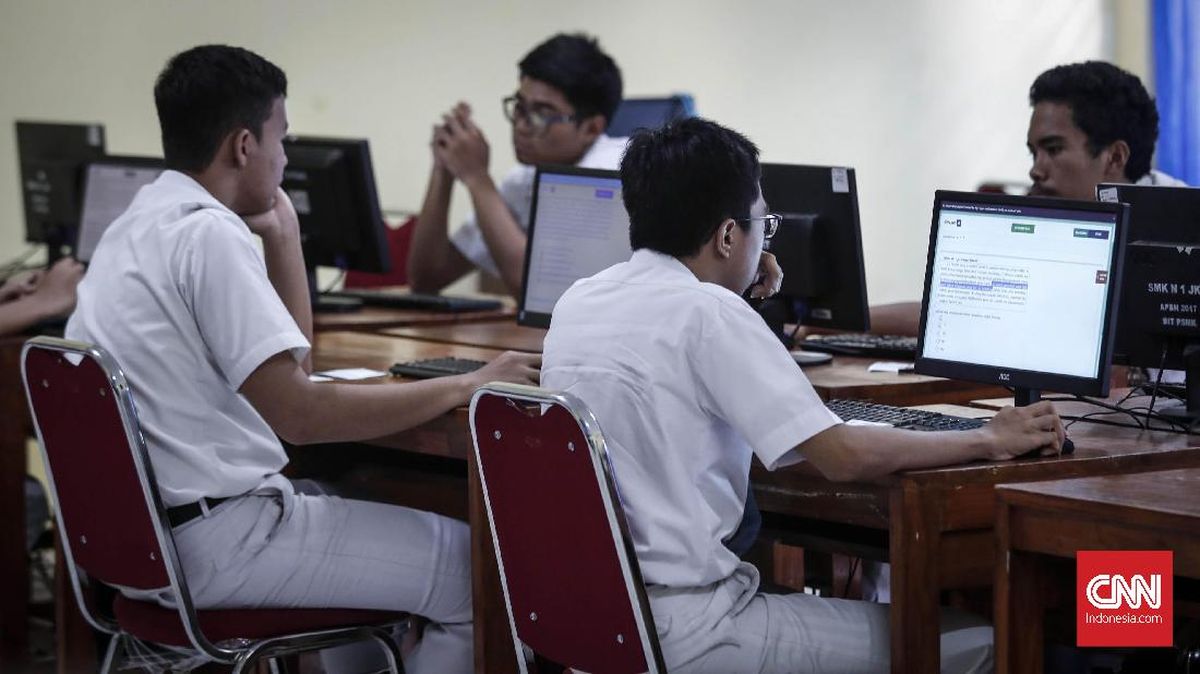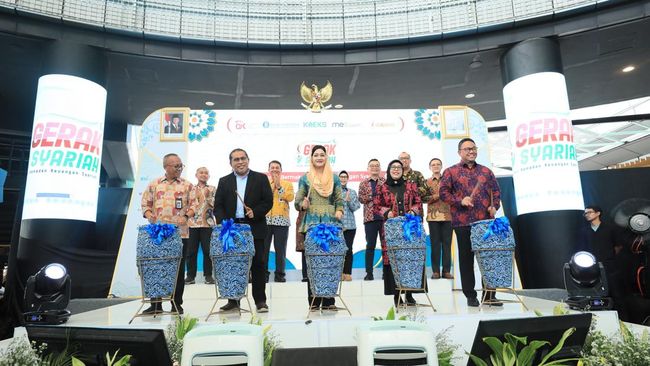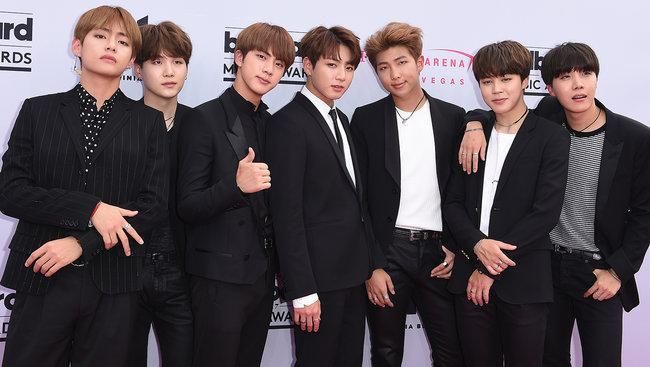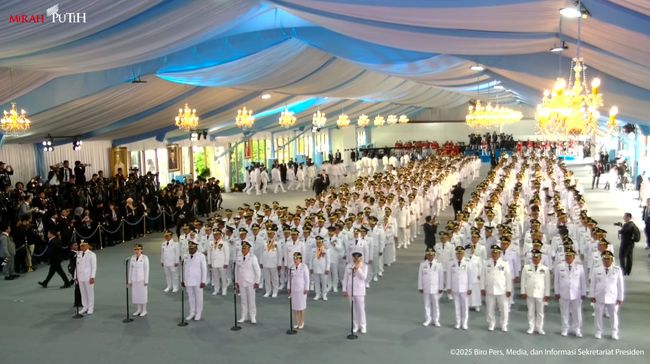Google's AI products don't feel like vaporware anymore. Instead, what Google showed at its I/O developers conference last week was full AI maturation.
Google took its AI tech beyond fancy text and image editors to a technological reimagination. The era of searching via keywords is over. The interaction between humans and tech is moving away from binary Boolean logic toward linguistic intuition. The internet that Google helped build is about to change rapidly.
Back in 1998, Google's foundational mission statement was to "organise the world's information and make it universally accessible and useful." Under AI, the focus is changing from organization to automatic delivery. The 10-blue-links paradigm is getting the boot. Instead, technology can do the searching and informational synthesis for us, quite literally pushing those traditional blue links further down the page. At the same time, we've seen a rapid dropoff in website traffic across the internet, which some search engine experts are attributing to the increased prevalence of AI products across the web. Even Google executives see the drop in online search traffic to be an inevitability.
With the launch of ChatGPT in late 2022, Google was caught flailing, resting on its safe online search business while OpenAI leapfrogged ahead. The sudden release of ChatGPT reportedly caused a "code red" within Google, where the company internally restructured around AI. With the majority of Google's revenue coming from ads sold against online search, a new player that could change how people find information online posed, and still poses, a threat. What followed was an arms race between Microsoft-backed OpenAI, creators of ChatGPT, and Google, with billions of dollars being spent, all in hopes of becoming people's default AI.
The two companies have been trading blows ever since, competing to produce the better text, image, code and video generation tools. With the AI market seeing valuations of $826 billion by 2030, according to Statista, there's a massive incentive for Big Tech companies to win these battles early. Since their launches, ChatGPT has grown rapidly, climbing to 400 million active weekly users, while Google's AI chatbot, Gemini, has also grown to 400 million active users across 200 countries and territories.
"Gemini is not just highly capable, it is becoming well-integrated across Google's hardware and software ecosystem," said Avi Greengart, president and lead analyst at Techsponential. "The [Google I/O] keynote still managed to mix messages between AI that is ready today, coming soon or still science fiction for now. But Google is persistently improving not just the AI model sizes but also working to make AI more useful with tools like AI video editors, image generators that can handle text, and contextual awareness that can access your data in its responses."
It's a significant change from the tone of past Google I/Os. At Google's 2023 conference, Google was showing off how AI could help write emails or adjust photos. The idea was to use AI as a "good starting point" to help assist in your daily life.
The following year, Google had renamed its AI assistant Bard to Gemini and opened the valve a little more, showing off concepts of what an AI experience might look like with augmented reality glasses. Google also made publishers uncomfortable with the release of AI Overviews, a new box at the top of Google search that would use AI to automatically answer questions for people, with a list of sources on the side, without needing to click on any of the traditional 10 blue links.
This year, however, there was a notable evolution. Traditional modes of interacting with the internet were entirely thrown out for AI, all in the pursuit of saving time and energy. Whereas last year, Google melded AI at the top of Search, this year, Google showed off AI Mode, a new tab at the top of Google that mixes Gemini with Google Search. In this mode, the 10 blue links are gone. It's a pure AI chat in natural human language. Online shopping removed some of the guesswork with a new Try On mode that uses your picture to create a 3D render of your body to approximate how clothes you're searching for online will look on you. Video calling and AI-powered glasses can now live-translate language, eliminating the need to learn a new tongue. And with a simple set of instructions, it's possible to code complex ideas without needing a degree in computer science.
"At I/O, Google just upped the game by systematically eliminating customer friction across search, shopping, communication and creative workflows to create seamless human experiences," said Eric Karofsky, founder of VectorHX, a customer experience strategy company. "However, AI adoption requires more than cool demos -- the real challenge for companies is how this will be implemented in practice, how processes will need to evolve, and how companies will measure the success of these fundamental shifts in human experience design."
As someone who's been covering Google's AI ambitions from the start, I'll be the first to tell you that the company's early forays were rocky. Google's AI chatbot would routinely get things wrong, often to the detriment of the company's stock price. It always seemed that the folks at OpenAI had the special sauce to make AI work. The last few months, however, have shown that Google has finally found its footing. Google's AI products are no longer thin condensation to obscure how far behind the company was. Instead, they're a thunderous storm shaking the foundation of the world as we once knew it.

 1 week ago
9
1 week ago
9
















































